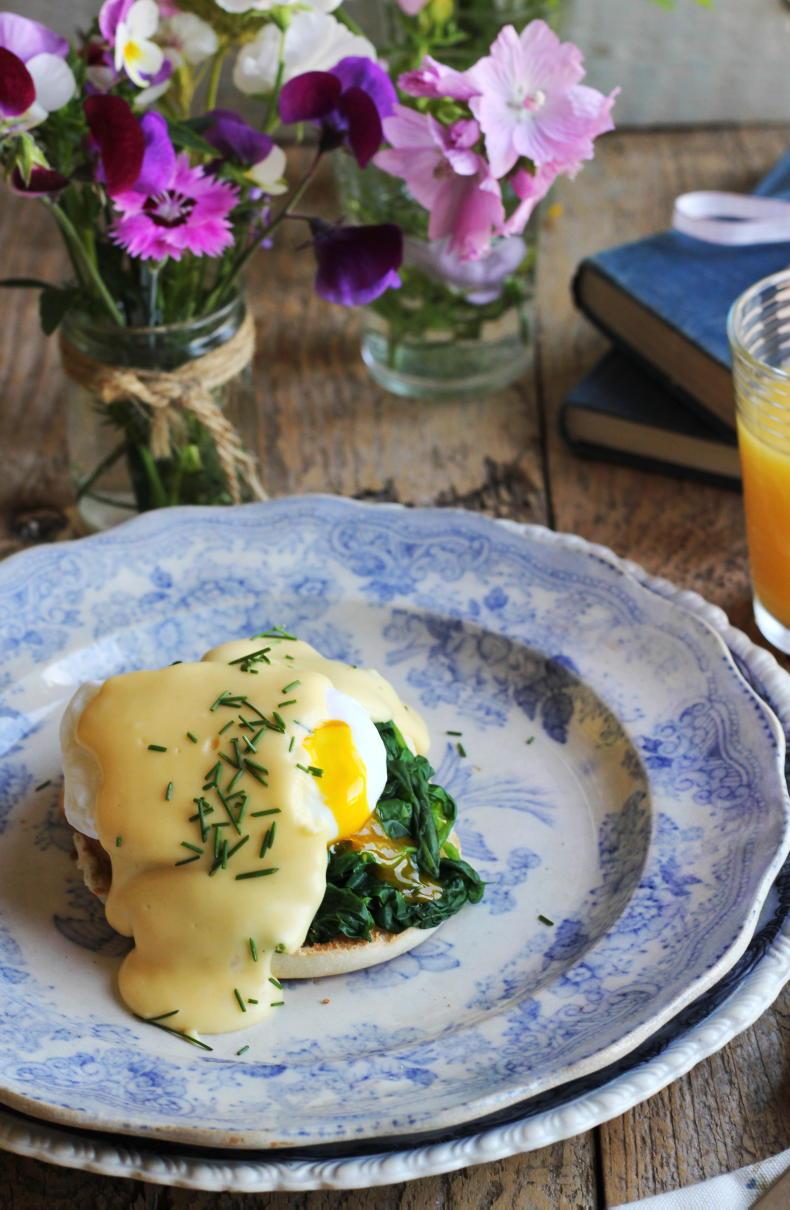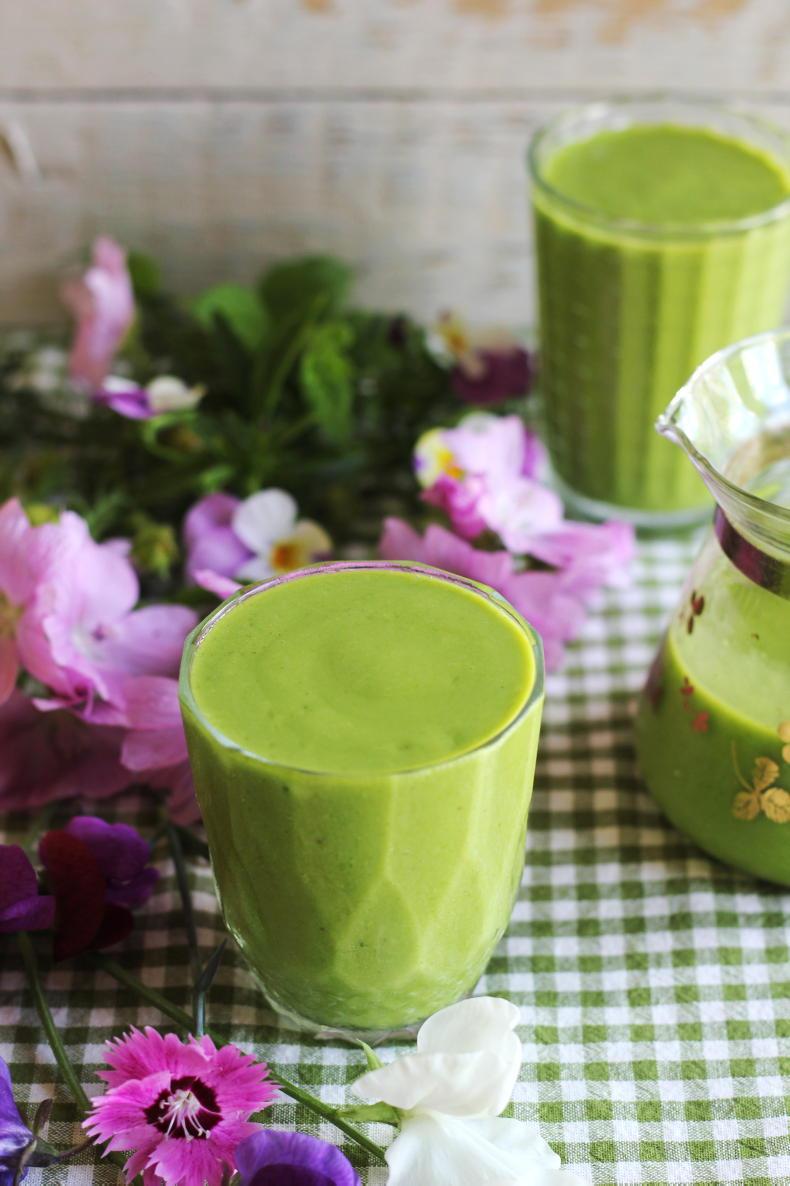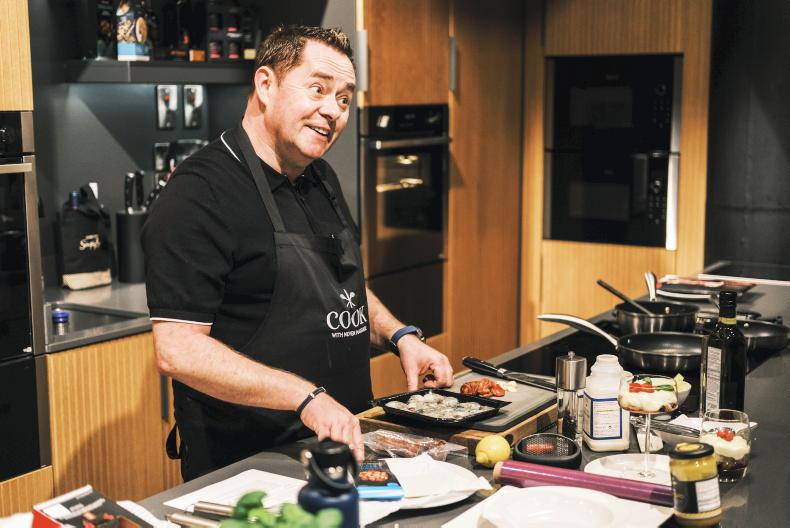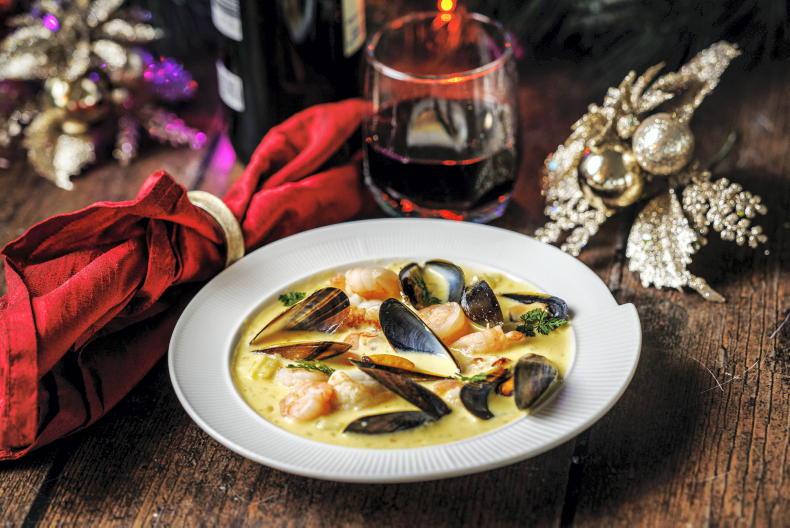There are many different elements to our diet which help to support optimal health when pregnant.
A well-balanced diet, which includes plenty of fresh fruit and vegetables, dairy products, healthy fats, fibre, carbohydrates (as well as protein from eggs, lean meat and fish) should provide all the necessary vitamins and minerals to support a mother and her growing baby.
There are, however, some nutrients which are particularly useful to the pregnant lady and growing baby.
The World Health Organization recommends all women of reproductive age who could become pregnant should take a folic acid supplement.
This should be continued into the twelfth week of pregnancy.
Folic acid can also be found in green leafy vegetables and fortified cereals and milk. Optimal iron levels are essential throughout a pregnancy as a healthy haemoglobin not only aids in the development of the growing baby but also helps in keeping up one’s strength. Vitamin C helps with the absorption of iron from the diet. Serving some vitamin C-rich foods alongside iron-laden ones, such as a glass of orange juice with a beef stir-fry, will help to enhance the absorption of this important mineral.
Fibre-rich foods are another important component of our diet. Wholegrain foods and most fruits and vegetables are packed with fibre. Along with a good water intake, these should help to keep our gut in check and prevent bouts of constipation.
Protein and calcium are particularly important for pregnant ladies. Protein is important for aiding the growth of both mother and baby, while calcium is needed to support a healthy skeletal system and, when pregnant, it aids in the building of the baby’s bones. If the mother’s diet is lacking in calcium, the body will take what calcium the baby needs from the mother’s bones - this is to ensure the baby’s calcium needs are met and they can grow healthy and strong.
This, in turn, can affect the mother’s own bones in later life, so it’s best to aim for the optimal intake of calcium while pregnant. Vitamin D helps with the absorption of calcium, so combining calcium and vitamin D-rich foods together, such as cheese (calcium) and eggs (vitamin D), always makes for a good pairing. If you are concerned about your calcium intake, or worried about your diet in general, make sure to discuss this with your midwife or doctor on your next visit.
Eggs Florentine

Eggs Florentine with a cheese sauce.
Serves two
This dish is a twist on the traditional eggs florentine, substituting the hollandaise sauce for a cheese sauce. This is a delicious calcium and vitamin D-rich dish. The addition of iron-rich spinach enhances the nutrients even more. As a breakfast it is rather rich, so not for every day, but can be enjoyed as an indulgent, nutritional treat now and then.
25g butter
25g plain flour
250ml milk, warm
Salt and pepper
1tsp Dijon mustard
50g cheddar cheese, grated
150g spinach, washed & large stalks removed
Knob of butter
2 very fresh, free-range eggs
1tsp white wine vinegar
2 English muffins, cut in half & toasted
Fresh chives, optional
1 Make the cheese sauce: melt the butter in a medium-sized saucepan over a low heat and, using a wooden spoon, add the flour and stir for two minutes to allow the flour to cook a little (just be careful it doesn’t burn). Turn up the heat and, using a hand whisk, slowly whisk in the warmed milk. Stirring constantly, bring to the boil then immediately turn the heat to low. Season with a little salt and pepper. Stir through the mustard and the grated cheese. Continue to stir the sauce until the cheese is fully melted, then simmer for one minute. Remove from the heat and cover with a lid.2 Add the spinach to a large saucepan, over a high heat. Cover with boiling water. The spinach will wilt within one minute. Pour into a colander and press out the remaining liquid. Add a small knob of butter to the colander and cover with some kitchen paper to keep warm until ready to use.3 To poach the eggs, bring a saucepan of water to a bubbling boil and add the white wine vinegar. Using a spoon, quickly stir the water to make a whirlwind in the saucepan. Crack the egg into a cup and, with the water still swirling, gently add the egg into the centre of the saucepan. Depending on the size of the egg it will take two to four minutes to poach. Once cooked, remove to a plate lined with kitchen paper and cover with additional kitchen paper to keep warm while the rest of the eggs are cooking. You can cook two eggs together, but repeat this process if you would like to serve more than one poached egg each.4 When ready to serve, return the cheese sauce to a low heat and give it a good stir with a wooden soon. Place the toasted muffin on a plate, top with half the spinach, a poached egg and a few spoonfuls of the cheese sauce. Add a sprinkling of freshly chopped chives and enjoy. Iron Boosting Smoothie

Iron-Boosting Smoothie.
Packed with iron from the spinach and vitamin C from the mango and orange juice, this delicious smoothie would make for the perfect snack at any stage of pregnancy.
50g baby spinach leaves
1 banana, frozen
½ fresh mango, diced
125g vanilla live bio yogurt
150ml orange juice
Handful of ice
1 Add all the ingredients to a high powered blender and blitz until smooth. Enjoy straight away.
Read more
Nessa Robins' recipes for soothing a nauseous tummy
Home nurse Nessa Robins shares her light snacks to combat motion sickness
There are many different elements to our diet which help to support optimal health when pregnant.
A well-balanced diet, which includes plenty of fresh fruit and vegetables, dairy products, healthy fats, fibre, carbohydrates (as well as protein from eggs, lean meat and fish) should provide all the necessary vitamins and minerals to support a mother and her growing baby.
There are, however, some nutrients which are particularly useful to the pregnant lady and growing baby.
The World Health Organization recommends all women of reproductive age who could become pregnant should take a folic acid supplement.
This should be continued into the twelfth week of pregnancy.
Folic acid can also be found in green leafy vegetables and fortified cereals and milk. Optimal iron levels are essential throughout a pregnancy as a healthy haemoglobin not only aids in the development of the growing baby but also helps in keeping up one’s strength. Vitamin C helps with the absorption of iron from the diet. Serving some vitamin C-rich foods alongside iron-laden ones, such as a glass of orange juice with a beef stir-fry, will help to enhance the absorption of this important mineral.
Fibre-rich foods are another important component of our diet. Wholegrain foods and most fruits and vegetables are packed with fibre. Along with a good water intake, these should help to keep our gut in check and prevent bouts of constipation.
Protein and calcium are particularly important for pregnant ladies. Protein is important for aiding the growth of both mother and baby, while calcium is needed to support a healthy skeletal system and, when pregnant, it aids in the building of the baby’s bones. If the mother’s diet is lacking in calcium, the body will take what calcium the baby needs from the mother’s bones - this is to ensure the baby’s calcium needs are met and they can grow healthy and strong.
This, in turn, can affect the mother’s own bones in later life, so it’s best to aim for the optimal intake of calcium while pregnant. Vitamin D helps with the absorption of calcium, so combining calcium and vitamin D-rich foods together, such as cheese (calcium) and eggs (vitamin D), always makes for a good pairing. If you are concerned about your calcium intake, or worried about your diet in general, make sure to discuss this with your midwife or doctor on your next visit.
Eggs Florentine

Eggs Florentine with a cheese sauce.
Serves two
This dish is a twist on the traditional eggs florentine, substituting the hollandaise sauce for a cheese sauce. This is a delicious calcium and vitamin D-rich dish. The addition of iron-rich spinach enhances the nutrients even more. As a breakfast it is rather rich, so not for every day, but can be enjoyed as an indulgent, nutritional treat now and then.
25g butter
25g plain flour
250ml milk, warm
Salt and pepper
1tsp Dijon mustard
50g cheddar cheese, grated
150g spinach, washed & large stalks removed
Knob of butter
2 very fresh, free-range eggs
1tsp white wine vinegar
2 English muffins, cut in half & toasted
Fresh chives, optional
1 Make the cheese sauce: melt the butter in a medium-sized saucepan over a low heat and, using a wooden spoon, add the flour and stir for two minutes to allow the flour to cook a little (just be careful it doesn’t burn). Turn up the heat and, using a hand whisk, slowly whisk in the warmed milk. Stirring constantly, bring to the boil then immediately turn the heat to low. Season with a little salt and pepper. Stir through the mustard and the grated cheese. Continue to stir the sauce until the cheese is fully melted, then simmer for one minute. Remove from the heat and cover with a lid.2 Add the spinach to a large saucepan, over a high heat. Cover with boiling water. The spinach will wilt within one minute. Pour into a colander and press out the remaining liquid. Add a small knob of butter to the colander and cover with some kitchen paper to keep warm until ready to use.3 To poach the eggs, bring a saucepan of water to a bubbling boil and add the white wine vinegar. Using a spoon, quickly stir the water to make a whirlwind in the saucepan. Crack the egg into a cup and, with the water still swirling, gently add the egg into the centre of the saucepan. Depending on the size of the egg it will take two to four minutes to poach. Once cooked, remove to a plate lined with kitchen paper and cover with additional kitchen paper to keep warm while the rest of the eggs are cooking. You can cook two eggs together, but repeat this process if you would like to serve more than one poached egg each.4 When ready to serve, return the cheese sauce to a low heat and give it a good stir with a wooden soon. Place the toasted muffin on a plate, top with half the spinach, a poached egg and a few spoonfuls of the cheese sauce. Add a sprinkling of freshly chopped chives and enjoy. Iron Boosting Smoothie

Iron-Boosting Smoothie.
Packed with iron from the spinach and vitamin C from the mango and orange juice, this delicious smoothie would make for the perfect snack at any stage of pregnancy.
50g baby spinach leaves
1 banana, frozen
½ fresh mango, diced
125g vanilla live bio yogurt
150ml orange juice
Handful of ice
1 Add all the ingredients to a high powered blender and blitz until smooth. Enjoy straight away.
Read more
Nessa Robins' recipes for soothing a nauseous tummy
Home nurse Nessa Robins shares her light snacks to combat motion sickness











SHARING OPTIONS